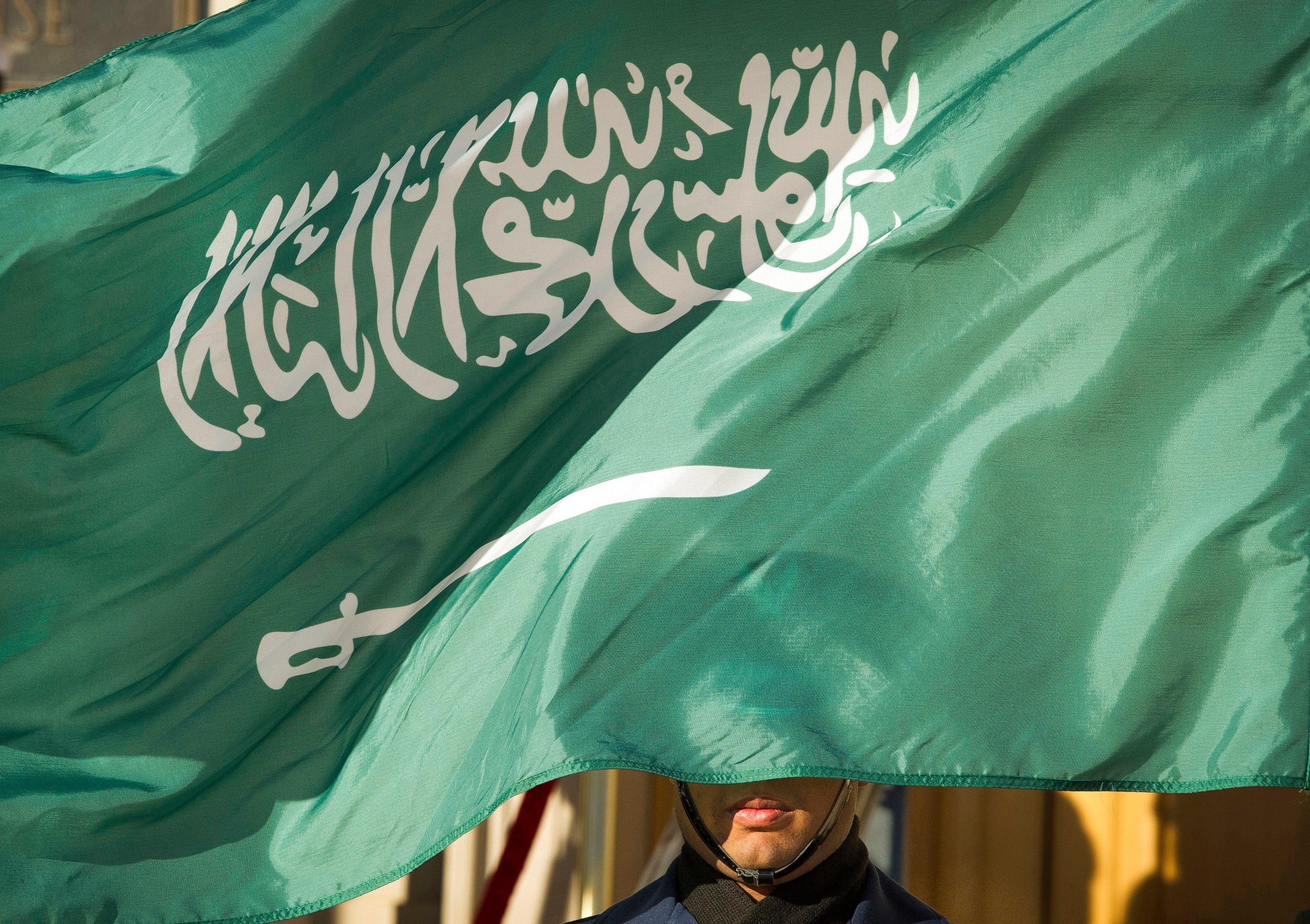Saudi Arabia executes young Shiite man for violent rebellion
Saudi Arabia executed a young man who was convicted on charges stemming from his participation in an anti-government rebellion by minority Shiites

Saudi Arabia executed a young man Tuesday who was convicted on charges stemming from his participation in an anti-government rebellion by minority Shiites A leading rights group said his trial, however, was “deeply flawed.”
It was unclear whether Mustafa bin Hashim bin Isa al-Darwish, 26, was executed for crimes committed as a minor, according to Amnesty International The rights group said he was detained in 2015 for alleged participation in riots between 2011 and 2012. The official charge sheet does not specify the dates his alleged crimes took place, meaning he could have been 17 at the time, or just turned 18.
The government maintains he was convicted and executed for crimes committed above the age of 19, though no specific dates for his alleged crimes have been given.
Last year, the kingdom halted its practice of executing people for crimes committed as a minor.
The Interior Ministry said in a statement he was executed after being found guilty of participating in the formation of an armed terrorist cell to monitor and target to kill police officers, attempting to kill police officers, shooting at police patrols and making Molotov cocktails to target police.
Other charges included participating in armed rebellion against the ruler and provoking chaos and sectarian strife. The crimes allegedly transpired in Dammam in the Eastern Province, where most Saudi oil is concentrated and home to a significant indigenous Shiite population.
At the height of Arab Spring uprisings across the region, the kingdom experienced unrest among Saudi Shiite youth who took to the Eastern Province's impoverished streets. They demanded jobs, better opportunities and an end to discrimination by the kingdom's ultraconservative state-backed Sunni institutions and clerics.
Saudi security forces backed by armored vehicles set up checkpoints and suppressed the protests, rounding up an unknown number of protesters. The government later razed homes belonging to Shiite residents of the restive city of al-Awamiya in 2017 in an area that was several hundred years old. Officials said the al-Mosawara district had become a hideout for local militants, and promised to develop the area.
Over the years, numerous executions of Shiites involved in violent protests have been carried out.
In 2019, Saudi Arabia executed 37 citizens, of which 34 were identified as Shiites, in a mass execution for alleged terrorism-related crimes. In 2016, the kingdom executed 47 people in one day also for terrorism-related crimes. Among those executed was prominent Shiite cleric Nimr al-Nimr whose death sparked protests from Pakistan to Iran and the ransacking of the Saudi Embassy in Tehran. Saudi-Iran ties have not recovered and the embassy remains shuttered.
The kingdom has in the past implicitly accused Iran of being behind armed Shiites in Saudi Arabia, saying they are acting “under instructions from abroad.”
Amnesty International said al-Darwish, who was arrested when he was 20, was placed in solitary confinement, held incommunicado for six months and denied access to a lawyer until the beginning of his trial two years later by the Specialized Criminal Court in Riyadh, established to try terrorism cases.
The Supreme Court upheld al-Darwish's death sentence. Amnesty International said his case was then referred to the Presidency of State Security, which is overseen directly by the royal court and over which Crown Prince Mohammed bin Salman wields immense power. The Saudi monarch, King Salman, ratifies executions, most of which are carried out by beheading.
According to an Associated Press tally based on Interior Ministry announcements, the kingdom has carried out 20 executions so far this year compared to 14 throughout all of 2020. The sharp drop in executions last year was largely due to changes that ended executions for non-violent drug-related crimes.